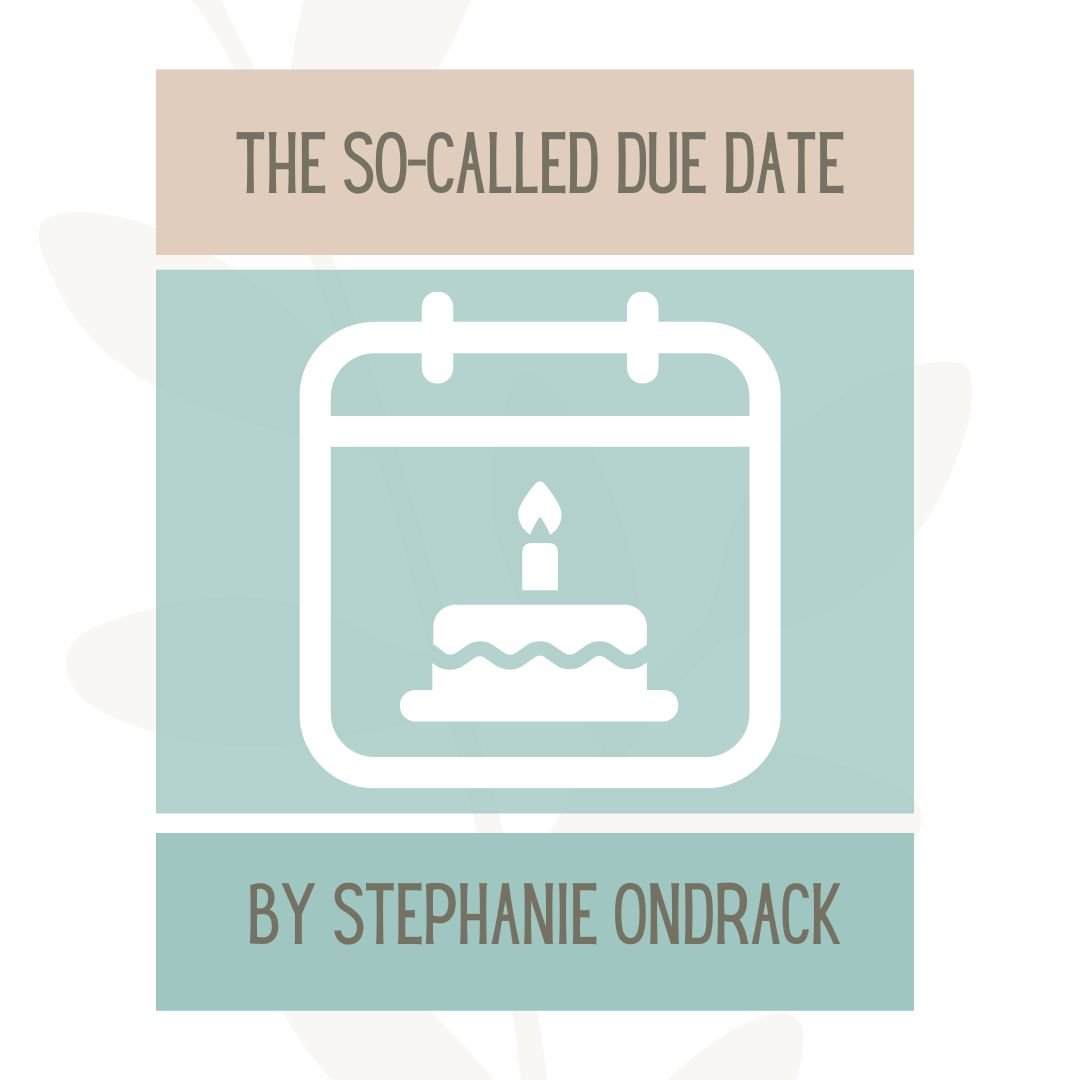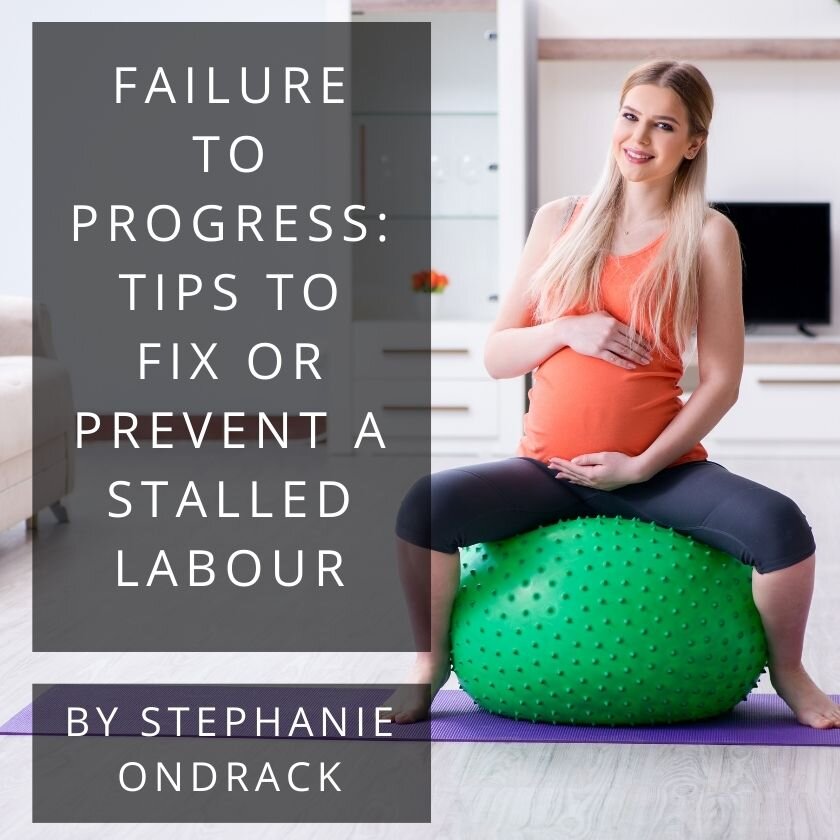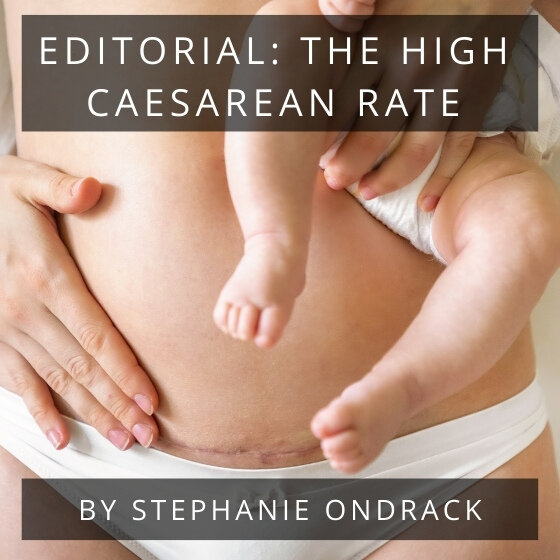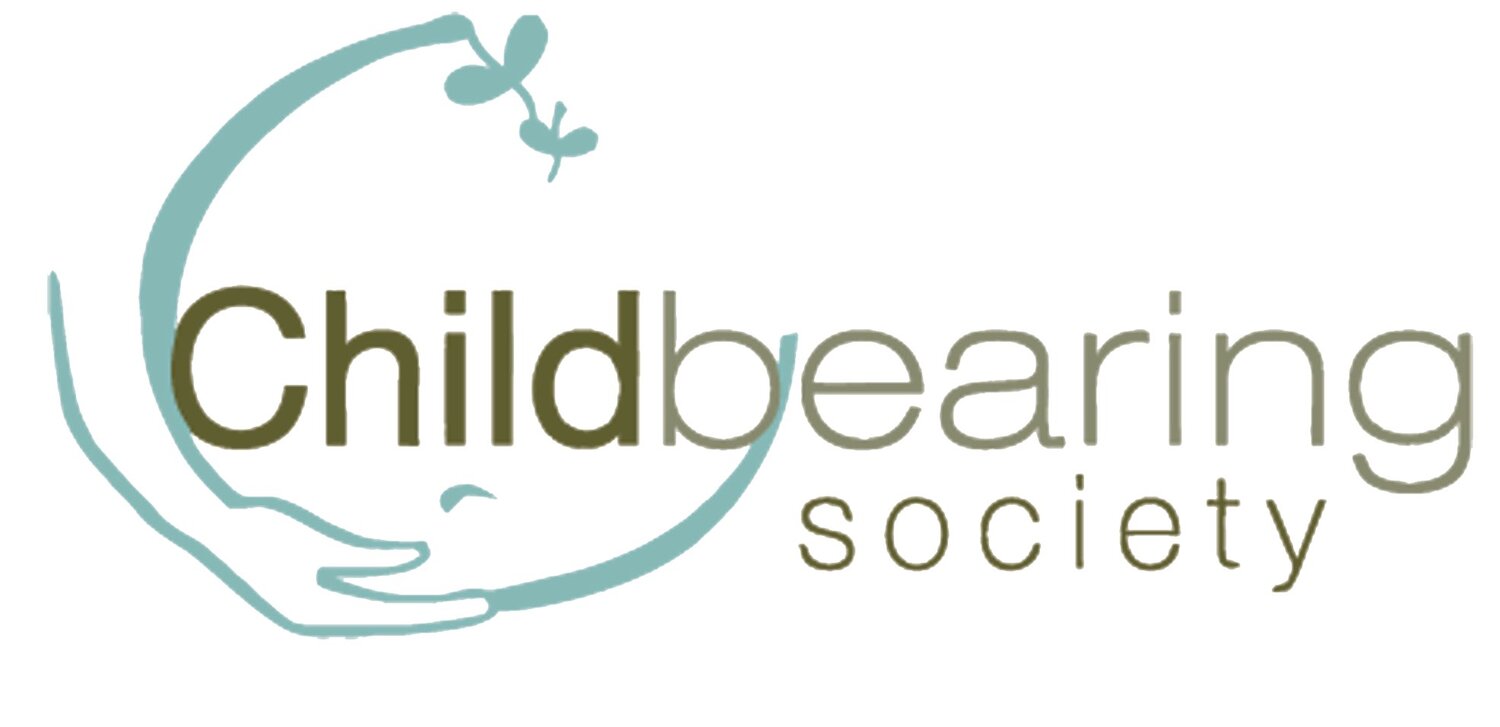
Blog & Updates on Vancouver Prenatal Classes

Weighing In on Pregnancy Weight Gain
How much weight should you gain when you’re pregnant?
While a cursory glance at the internet may appear to provide a consistent answer, a deeper search risks poking a hornet’s nest of dissonant opinions. There are many ways of thinking about this question. And they fly in wildly different directions.


Drinking in Labour
Why is hydration so beneficial during childbirth? Read our latest blog post to find our why.

COLOSTRUM HARVESTING: Eight Things to Consider
But while helpful for some people, colostrum harvesting during pregnancy is not necessarily a good idea for everyone.
Why shouldn’t everyone harvest their colostrum?
Read our latest blog for 8 things to consider when you are thinking about whether or not to try antenatal colostrum extraction.

The So-Called Due Date
If there is one date that your baby is unlikely to arrive, it is on your so-called due date. Approximately 96% of people do not give birth on that date. Odds are, neither will you.
So when do people typically give birth? Where does the putative “due date” come from, and why do we even call it that?

OEDEMA
Oedema (or edema) is swelling that can occur in your extremities during pregnancy, most often in the ankles. Some people just get mildly swollen ankles, and some people get extremely puffy ankles and feet, sometimes even calves and knees, so that shoes, or even socks or pants, don’t fit. Oedema can also occur in the fingers, hands, wrists, and face. Often it gets worse towards the end of pregnancy, and some people experience it in all these places at once.

BACK OFF: Why Lying Flat On The Back Is Bad For Birth
I thought the days of being told to lie down while birthing a baby were long over, but just recently…..

The Waters
A common image in futuristic movies is someone floating in a tank of water in order to heal from injuries, illness, or cryogenic stasis. This idea of submersion in an enclosed aquatic tub that is restorative and salubrious is extremely evocative of the womb. Our babies float in exactly such a substance in our bodies, fully submerged, growing and gestating, until they are ready to emerge. This is amniotic fluid, “the waters” that surround and support our baby.



Editorial: The High Caesarean Rate
The World Health Organization states that the Caesarean rate should ideally hover around 10%. Anything lower means parents and babies who might benefit from Caesarean births are not getting enough access, and anything higher means too many surgeries are being performed without any improvement in maternal or newborn outcomes.

Q: How do I know if I really need a medical procedure?
Q: How do I know if I really need a medical procedure? I’m worried about being subjected to unnecessary procedures, but also worried about refusing something I might actually need. How do we make these decisions?
